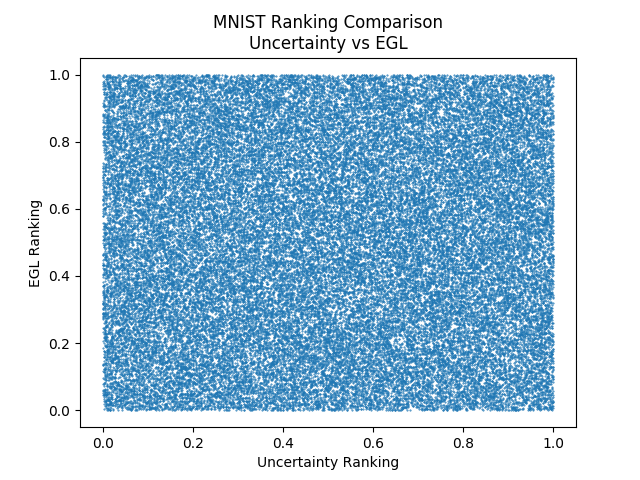salritime1988.netlify.com
Canadian Problem Gambling Severity Index
The 'Quiz' will help you answer the question Have I got a gambling problem? The “Quiz” is known as the Canadian Problem Gambling Severity Index. It was developed based on research on the common signs and consequences of problem gambling. The quiz is anonymous and will help you learn more about your gambling. Canadian Problem Gambling Index (CPGI) (January 22, 2013). ^ canadian problem gambling severity index Black, Donald; Shaw, Martha seneca casino henrietta ny (October 2008).We used a stepwise logistic regression to build a predictive model of problem gambling. The Canadian Problem Gambling Index (CPGI) was developed for use with Canadian populations with ongoing evaluation of the psychometric properties of reliability, validity and generalizability. Embedded within the CPGI is the Problem Gambling Severity Index (PGSI) comprised. On problem gambling rates (Abbott, 2006; Shaffer et al., 2004). E adaptation model predicts a gradual plateau in problem gambling prevalence rates, followed by a decrease in gambling problems over time. E factors that account for problem gambling stabilization are not well understood, but may include a.
- Problem Gambling Severity Index Pdf
- Canadian Problem Gambling Severity Index
- Emergency Severity Index
- Canadian Problem Gambling Severity Index Test
- < Previous Event
- Next Event >
Home > Division of Research & Economic Development > Gambling and Risk Taking Conference > 2019 ICGRT > MAY30 > 27
May 30, 2019
Submission Title
This self-assessment is based on the Canadian Problem Gambling Index. The higher your score, the greater the risk that your gambling is a problem. When you’re finished you can print your Final Report or email your results directly to yourself. Start the quiz by filling in the following anonymous information.
Results of Problem Gambling Research in 11 Native American Tribal Communities in Nevada
Session Title
Session 3-4-A: Problem Gambling Behaviors and Prevention

Presenters

Location
Caesars Palace, Las Vegas, Nevada
Problem Gambling Severity Index Pdf
Start Date
30-5-2019 3:30 PM
End Date
30-5-2019 4:55 PM
Disciplines
Community-Based Research
Abstract
Between 2015 and 2017, a 57-question survey instrument on gambling behaviors and attitudes was administered at community health events in 11 Native American tribal communities in Nevada. Data collected using the Canadian Problem Gambling Severity Index indicate that the rate of problem gambling in tribal communities may be double that of the general Nevada adult population. Open-ended questions confirm that many tribal members view problem gambling as a public health issue in their communities, and also indicate a general willingness to engage in discussing and finding solutions to address the problem.

Data obtained from the survey provide a path forward for engaging tribal leadership in developing and implementing future problem gambling awareness and treatment strategies.
Keywords
Gambling, addiction, Native American, public health, awareness, treatment
Author Bio
William 'Ted' Hartwell: Mr. Hartwell holds a Masters degree in Anthropology and has served on the research faculty of the Desert Research Institute since 1991. A problem gambler in long-term recovery, he promotes awareness, prevention, and treatment of problem gambling as a Community Engagement Liaison for the Nevada Council on Problem Gambling. He was the 2014 Shannon L. Bybee Award recipient for his continuing work on advocacy, outreach, and research on the issue of problem gambling.
Sydney Smith: Ms. Smith holds a Masters degree in Clinical Psychology and maintains licensure as an LPC and LADC, and is also a Nationally Certified Gambling Counselor. She previously served as Clinical Director of Family Services for the International Problem Gambling Center and as Clinical Director of Vencer Youth Services in Las Vegas. She is currently CEO and Clinical Director of RISE Center for Recovery in Las Vegas, Nevada. She was the 2016 Shannon L. Bybee Award recipient for her continuing work on advocacy, education, and research on the issue of problem gambling.
Funding Sources
This study was funded by the Desert Research Institute's Lander Endowment. While the researchers are employees of the Desert Research Institute at the time research was being carried out, administrators of the grant had no direct involvement in developing or implementing the study.
Competing Interests
Canadian Problem Gambling Severity Index
Mr. Hartwell receives funding as a consultant to the Nevada Council on Problem Gambling, and Ms. Smith has received grant monies in the past for implementing some of the Nevada Council on Problem Gambling's awareness programs.
Share
 May 30th, 3:30 PMMay 30th, 4:55 PM
May 30th, 3:30 PMMay 30th, 4:55 PMResults of Problem Gambling Research in 11 Native American Tribal Communities in Nevada
Caesars Palace, Las Vegas, Nevada
Emergency Severity Index
Between 2015 and 2017, a 57-question survey instrument on gambling behaviors and attitudes was administered at community health events in 11 Native American tribal communities in Nevada. Data collected using the Canadian Problem Gambling Severity Index indicate that the rate of problem gambling in tribal communities may be double that of the general Nevada adult population. Open-ended questions confirm that many tribal members view problem gambling as a public health issue in their communities, and also indicate a general willingness to engage in discussing and finding solutions to address the problem.
Canadian Problem Gambling Severity Index Test
Data obtained from the survey provide a path forward for engaging tribal leadership in developing and implementing future problem gambling awareness and treatment strategies.